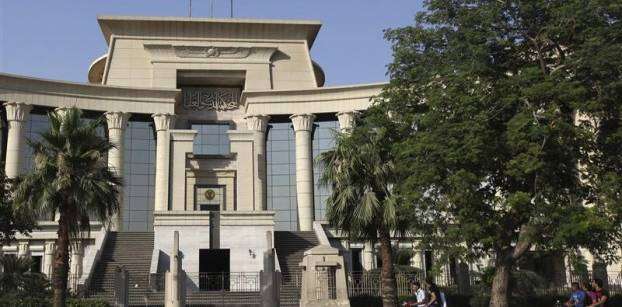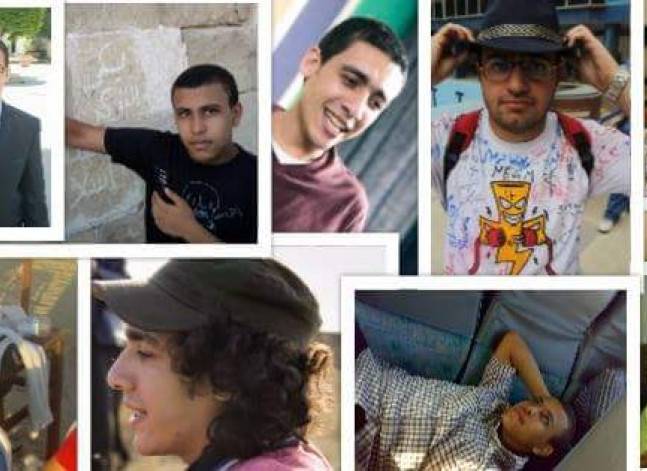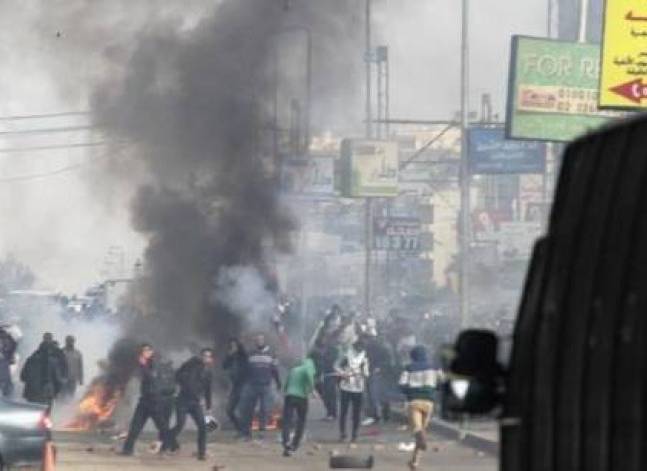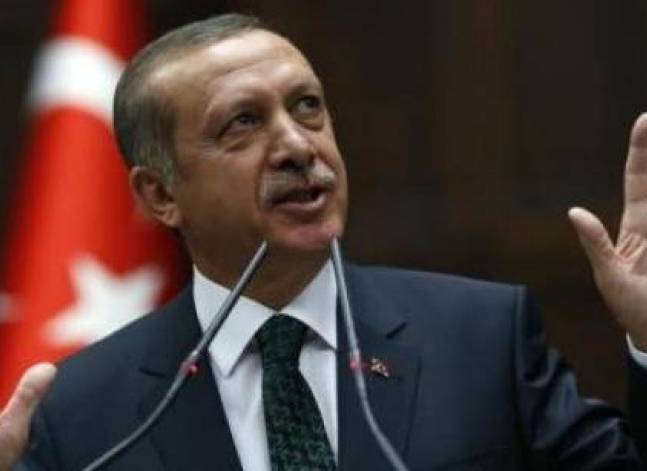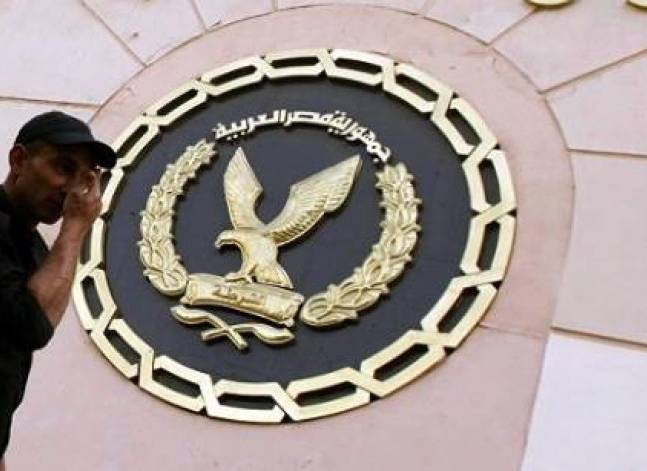Latest NEWS
- Aswat Masriya, the last word
- Roundup of Egypt's press headlines on March 15, 2017
- Roundup of Egypt's press headlines on March 14, 2017
- Former Egyptian President Hosni Mubarak to be released: lawyer
- Roundup of Egypt's press headlines on March 13, 2017
- Egypt's capital set to grow by half a million in 2017
- Egypt's wheat reserves to double with start of harvest -supply min
- Roundup of Egypt's press headlines on March 12, 2017
Jurists group urges Egypt to end 'politicisation' of judiciary
CAIRO, Oct 16 (Aswat Masriya) - The International Commission of Jurists (ICJ) urged Egyptian authorities to end "politicisation" of the judiciary and ensure its independence and accountability.
The group, which aims to promote human rights through the rule of law, issued a report in October titled Egypt’s Judiciary: a Tool of Repression where it claimed that judiciary in Egypt has been used as a tool to silence those who oppose the military or the executive authorities.
Violations by Egyptian judiciary mentioned in the report included initiating prosecutions on unfounded charges, adopting a presumption in favour of pre-trial detention and applying laws in violation of human rights standards, among others.
“Egypt’s military and executive have subordinated the judiciary to their political will, making it a docile tool in their on-going, sustained crackdown on human rights in Egypt,” said Said Benarbia, ICJ MENA Director.
“In doing so, judges and prosecutors have abdicated their primary responsibility in upholding the rule of law. Rather than acting as a check on the arbitrary exercise of power, judges themselves have become complicit in violating the very rights they are mandated to protect,” he added.
The group, which is composed of senior lawyers and judges from around the world, partially ascribed the “structural and systemic politicisation of the Egyptian judiciary” to the failure of the current legal framework to provide for the guarantees required for judicial independence and accountability.
According to the report, the "subordination" of the Public Prosecutor's office to the executive branch led to "politicised" prosecutions against opposition figures, and a failure to investigate alleged human rights violations by police and military personnel.
The report added that the interference of the executive authorities in the judicial system has undermined the judiciary’s ability to act as "independent and impartial arbiters of justice".
Egypt's President Abdel-Fattah al-Sisi denied in April claims of interference in judiciary affairs saying he respects the independence of the judiciary and stressing he "never interferes with the country's justice system."
He added that he distances himself and all other officials from any suspicion of "influencing court rulings of interfering with its affairs."
The Geneva-based panel included in its report a total of 136 recommendations to Egyptian authorities that would guarantee the independence and accountability of the judiciary.
The recommendations included the creation of transparent and open procedure for the appointment of members of the Supreme Constitutional Court, and the prohibition of automatic pre-trial detention.
Egypt’s Penal Code sets the limit for pre-trial detention at two years. However, Aya Hegazy, a dual US-Egyptian citizen has been detained in Egypt for over two years without trial following her arrest in May 2014.
Hegazy, who used to run a local foundation for street children, is facing charges of running an unlicensed organisation, sexually assaulting children using force, sexually exploiting children, fraud and kidnapping.
The report also called for the quashing of all convictions of civilians tried by military courts saying that the jurisdiction of military courts should be limited to trials of military personnel over breaches of military discipline only.
According to a report issued in April by Human Rights Watch, 7420 civilians have faced military trials since October 2014, when President Abdel Fattah al-Sisi decreed a law that expanded the reach of the military justice system by placing all public property under its jurisdiction.
Amnesty International called earlier in October for the retrial of eight civilians who were sentenced to death by a military court before a civilian court after they were convicted of belonging to a banned group and possessing firearms and explosives.

